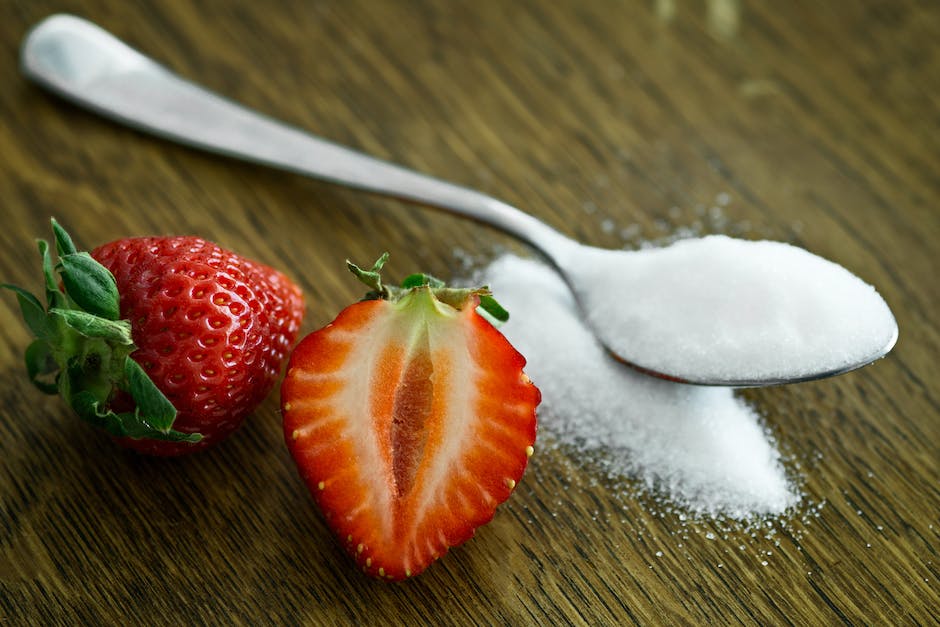Brown Sugar vs White Sugar: Unveiling the Sweet Truth
When it comes to sweetening your favorite dishes, the choice between brown sugar and white sugar can be a puzzling one. Both are staples in kitchens around the world, yet they carry distinct flavors, textures, and nutritional profiles. In this comprehensive guide, we’ll delve into the sweet debate of brown sugar versus white sugar, answering your most pressing questions and providing you with all the information you need to make an informed decision for your culinary creations.
What’s the Difference Between Brown Sugar and White Sugar?
The Basics of Brown Sugar
Brown sugar is essentially white sugar with the addition of molasses, which gives it its distinctive color and a moist texture. The molasses content can vary, leading to different shades of brown sugar, from light to dark, each with a slightly different flavor profile. Brown sugar is often praised for its rich, caramel-like taste, making it a popular choice for baking and cooking.
- Light Brown Sugar: Contains about 3.5% molasses by weight.
- Dark Brown Sugar: Contains about 6.5% molasses by weight.
The Basics of White Sugar
White sugar, also known as granulated sugar, is the most common form of sugar used in households and in the food industry. It is made by extracting sugar juice from sugar cane or sugar beets and then processing it to remove all molasses, resulting in fine, white crystals. White sugar is known for its neutral sweet taste and its versatility in various recipes.
Nutritional Comparison: Is Brown Sugar Healthier?
The Nutritional Content of Brown Sugar
Many people believe that brown sugar is a healthier option compared to white sugar. While it’s true that brown sugar contains trace amounts of minerals like calcium, potassium, magnesium, and iron due to the presence of molasses, the differences are minimal and not significant enough to impact your diet.
The Nutritional Content of White Sugar
White sugar is purely sucrose and contains no additional nutrients. It provides a quick source of energy but lacks vitamins and minerals. Consuming white sugar in moderation is key, as excessive intake can lead to health issues such as weight gain and increased risk of chronic diseases.
How Does the Taste and Texture Affect Baking?
The Role of Brown Sugar in Baking
Brown sugar adds a moist, chewy texture to baked goods due to its molasses content. It’s ideal for recipes like cookies, brownies, and certain types of cakes where a dense, moist crumb is desired. The rich flavor of brown sugar also complements spices like cinnamon and ginger, enhancing the overall taste of your desserts.
The Role of White Sugar in Baking
White sugar is often used in recipes that require a light, crisp texture, such as meringues or certain types of cookies. It’s also the sugar of choice for creating delicate cakes and pastries where a fine crumb is essential. White sugar’s neutral flavor allows other ingredients to shine through without altering the taste profile.
Can You Substitute Brown Sugar for White Sugar?
Substituting in Recipes
Substituting brown sugar for white sugar (or vice versa) can be done in most recipes, but it’s important to be aware of the potential changes in flavor and texture. When substituting, use a 1:1 ratio, but keep in mind that the moisture content of brown sugar may affect the outcome of your dish.
Considerations for Substitution
- For a moister result: Use brown sugar instead of white sugar.
- For a crisper texture: Stick with white sugar.
- For a richer flavor: Brown sugar is your best bet.
Environmental Impact: Does Production Differ?
The Production of Brown Sugar
The production of brown sugar involves fewer processing steps compared to white sugar, as it retains some of the natural molasses. However, the environmental impact of growing and harvesting the sugar cane or sugar beets remains significant, with concerns such as water usage and land degradation.
The Production of White Sugar
White sugar requires additional processing to remove all traces of molasses, which can result in a higher energy consumption. The refining process also generates waste products, although some sugar refineries have implemented measures to minimize their environmental footprint.
Conclusion: Sweet Choices for Your Pantry
In the debate of brown sugar versus white sugar, there is no clear winner. Both have their unique qualities and uses in the kitchen. Whether you prefer the rich taste of brown sugar or the versatility of white sugar, understanding their differences can help you make the best choice for your recipes. Remember that moderation is key when it comes to consuming any type of sugar. By considering the taste, texture, nutritional value, and environmental impact, you can select the right sugar for your needs and enjoy your sweet treats to the fullest.


